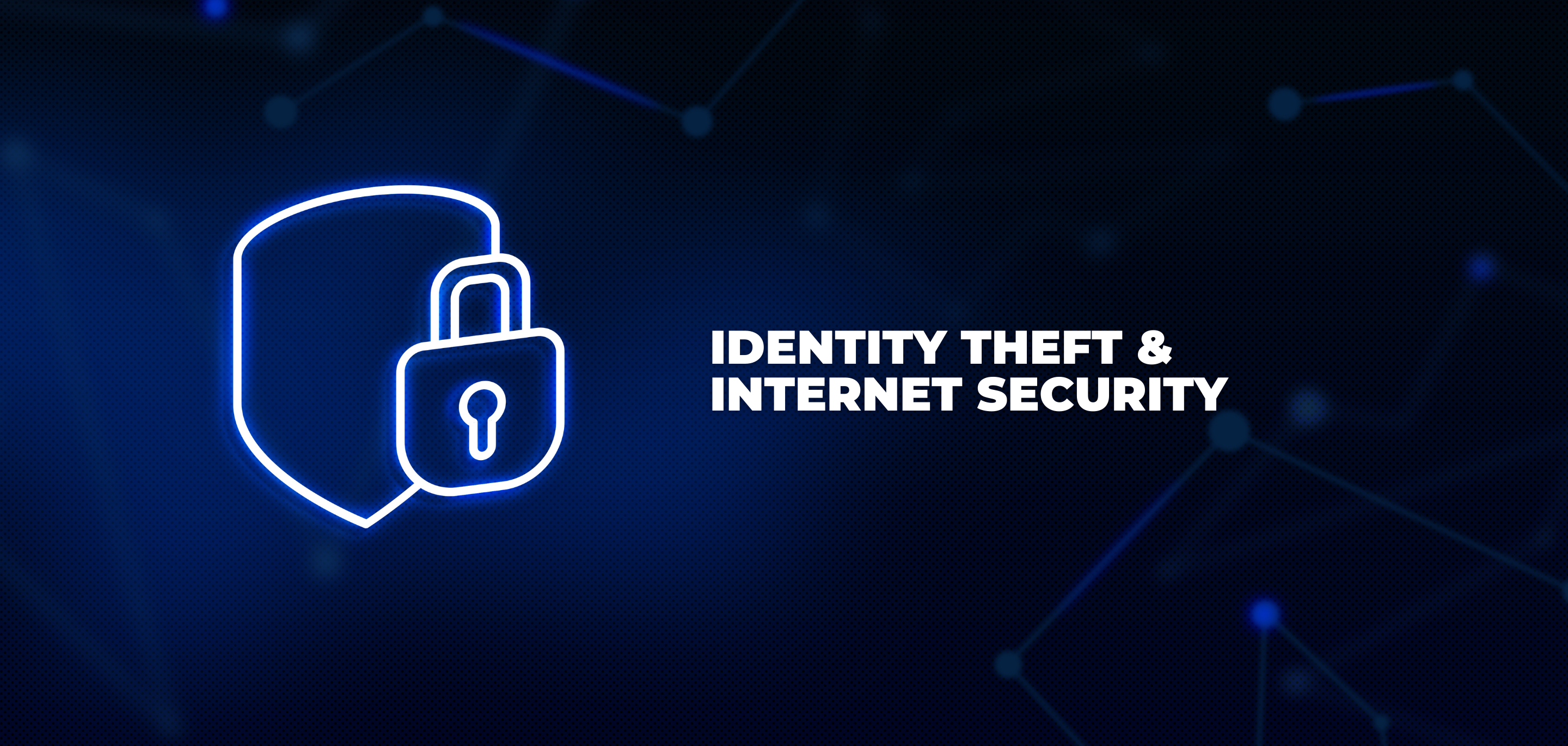ID Theft + Internet Security
At DSB, we take educating our customers about fraud and identity theft very seriously. Fraud and Identity Theft scams are growing rapidly and it is up to you to protect yourself and your sensitive information. According to IC3 (Internet Crime Complaint Center), here are some helpful ways to safeguard your information:
- Take time to research any offers you receive over the Internet or telephone.
- Do not deposit any checks that are supposed winnings from a lottery or sweepstakes, especially if you didn’t enter one.
- Do not provide your sensitive, personal, or financial information unless you know who you are dealing with.
- Consult friends and family or a trusted advisor before making any major financial decisions.
On Guard Online
On Guard Online is a perfect site for those interested in avoiding scams, securing their computer, protecting their children online, and so much more. It is also a great source of educational games and fun videos for children and adults! Interesting Articles:
Identity Theft
FTC.com is a great site if you are worried about or currently dealing with Identity Theft. Check out for following documents that you can print off:
Computer Emergency and Readiness Team
US-CERT is a great resource devoted to a stronger and safer internet for all Americans. Check out a few of their pages below:
Internet Security Tips
At DSB, we believe that educating our customers should be part of any established banking relationship – especially when it comes to internet security and shopping online.
KNOW THE WEBSITE YOU ARE VISITING
Ensure that the website you are visiting is the correct website. Hackers can create a site that looks very similar to a legitimate site. If you are visiting a website, it is best to type in the web address yourself. Links in email messages, text messages, instant messages, or pop-up ads can take you to websites that look legitimate but are not.
WATCH OUT FOR SCAMS
It is important to be vigilant and watch out for scams. Be wary of emails that contain alerts about your bank account or information on deals that sound too good to be true. These emails could easily be the work of cybercriminals looking to collect your financial data.
CONDUCT FINANCIAL TRANSACTIONS AT HOME
Never pay bills, bank, shop, or do other financial business on a public or shared computer or devices on public wireless networks, such as laptops or cell phones. Public Wi-Fi and devices are not secure.
CREATE SECURE PASSWORDS
- Passwords should have at least eight characters and include uppercase and lowercase letters, numbers, and symbols.
- Avoid words and proper names, regardless of language. Hackers use programs that try every word in the dictionary.
- Don’t use personal information – names, birthdays, etc., that someone might already know or easily obtain.
- Change passwords regularly – at least every 60 days. If you believe your system or an online account you access has been compromised, change your passwords immediately.
- Use different passwords for each account you have.
- Make sure your work passwords are different from your personal passwords.
PROTECT YOUR PASSWORDS
- Do not write down your passwords. If you need to remember your passwords, write down a hint to a password, but never the password itself. Store the hint in a safe place away from your computer.
- Do not share your passwords with anyone – attackers may try to trick you via telephone calls or email messages into sharing your password.
- Do not reveal your password on surveys, questionnaires, or security forms.
- Decline the “Remember Password” feature in Web browsers.
- Always remember to log out when using a public computer.


